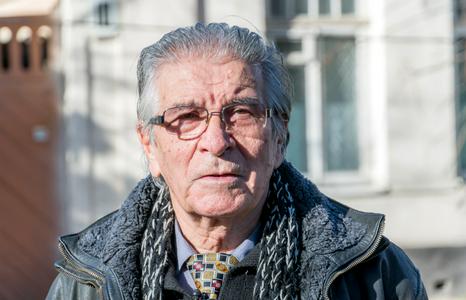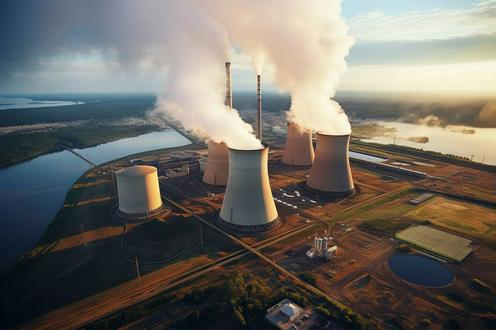On October 6, Kazakhstan will hold a referendum on the construction of its first nuclear power plant, a decision that could shape the country's energy future for decades. President Kassym-Jomart Tokayev has framed this as part of a «dialogue with the people,» but critics argue the vote lacks crucial details.
The referendum will ask a single question: «Do you agree with the construction of a nuclear power plant in Kazakhstan?» With over 12 million eligible voters, the government needs a 50% turnout for the result to be valid. Recent polls suggest 53% support the idea, while 32.5% oppose it, citing safety and environmental concerns.
Kazakhstan's nuclear history is complex. The country hosted a Soviet-era nuclear plant in Aktau, which was decommissioned in the 1990s. Since then, proposals for a new plant have surfaced repeatedly, gaining momentum in 2019 with Russia's offer to build one near Lake Balkhash.
President Tokayev has increasingly emphasized the need for nuclear power, citing potential energy deficits and economic concerns. However, the Ukraine conflict has complicated matters, particularly regarding Russia's involvement.
The government has conducted public hearings nationwide, though critics claim these events often excluded opponents. A key point of contention is the lack of information about the potential contractor. Four companies are in the running: China's CNNC, South Korea's KHNP, Russia's Rosatom, and France's EDF.
Former Kazatomprom chief Mukhtar Dzhakishev has highlighted potential issues with the Russian bid, including sanctions risks and technological vulnerabilities. Some speculate the referendum could be a way for the government to back out of a politically sensitive project.
The South Korean and Chinese proposals have their own merits, with the latter offering the cheapest and fastest construction timeline.
Critics argue that by not disclosing the potential contractor, the government is asking citizens to vote on an abstract concept rather than a concrete plan. This approach allows officials to deflect responsibility for any future problems, simply stating, «This is what you decided."
As Kazakhstan grapples with its energy future, the nuclear referendum raises more questions than it answers, leaving citizens to make a crucial decision with incomplete information.
-
 14 February14.02From Revolution to Rupture?Why Kyrgyzstan Dismissed an Influential “Gray Cardinal” and What May Follow
14 February14.02From Revolution to Rupture?Why Kyrgyzstan Dismissed an Influential “Gray Cardinal” and What May Follow -
 05 February05.02The “Guardian” of Old Tashkent Has Passed AwayRenowned local historian and popularizer of Uzbekistan’s history Boris Anatolyevich Golender dies
05 February05.02The “Guardian” of Old Tashkent Has Passed AwayRenowned local historian and popularizer of Uzbekistan’s history Boris Anatolyevich Golender dies -
 24 December24.12To Clean Up and to ZIYAWhat China Can Offer Central Asia in the “Green” Economy
24 December24.12To Clean Up and to ZIYAWhat China Can Offer Central Asia in the “Green” Economy -
 23 December23.12PhotoTokyo DriveJapan to invest about $20 billion in projects across Central Asia over five years
23 December23.12PhotoTokyo DriveJapan to invest about $20 billion in projects across Central Asia over five years -
 17 December17.12Sake for SixCentral Asia’s Rapprochement with Japan Comes with Hidden Pitfalls
17 December17.12Sake for SixCentral Asia’s Rapprochement with Japan Comes with Hidden Pitfalls -
 17 December17.12Gulshan Is the BestYoung Uzbek Karateka Becomes World Champion
17 December17.12Gulshan Is the BestYoung Uzbek Karateka Becomes World Champion




